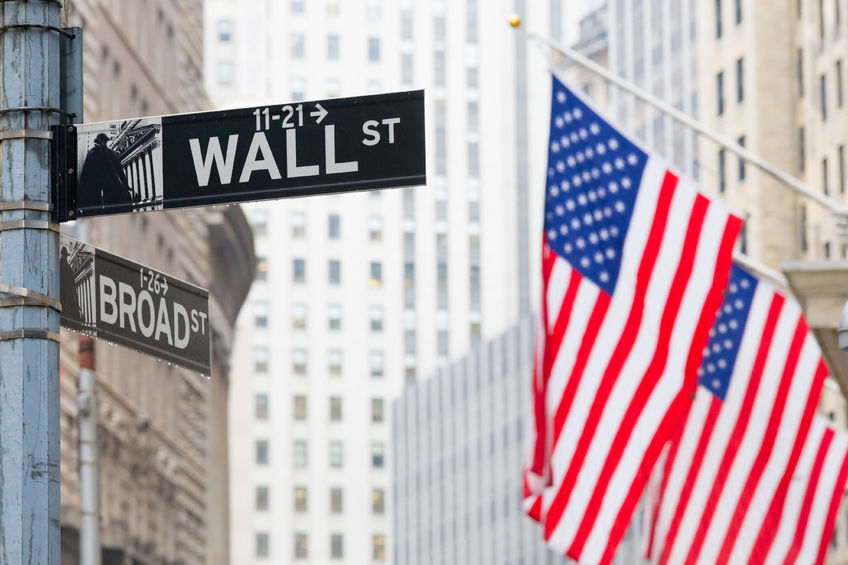
Revenues and profits for the big global investment banks will take a thumping from the global economic downturn, but it shouldn’t dent their capital positions, according to Moody’s Investors Service.
In a new report, the rating agency examined a severe shock scenario due to the impact of the Covid-19 outbreak, finding that even though revenues and profits will be significantly impacted, the banks will likely still turn a profit for the year.
As a result, their capital buffers should hold, it said.
“Despite the severe effects of the crisis assumed under our revenue shock scenario, the [global investment banks] as a group would still record modest profitability for 2020 — allowing them to maintain solid capital buffers at or above the levels reported at the end of 2019,” said Ana Arsov, managing director, financial institutions group, at Moody’s.
“As a group, the [banks] have extensively rebuilt and extended their capital buffers following the 2007–08 financial crisis,” Arsov said.
Moreover, since the banks have cut or cancelled their dividends, and suspended share buybacks, “their capital ratios will additionally benefit from greater capital retention in 2020,” Arsov said.
Moody’s said its analysis found that the banks with a greater reliance on capital markets, and asset and wealth management face deeper revenue declines than more diversified banks.
“The banks with the smallest proportional declines in profitability are generally European [banks] — such as Barclays, BNP Paribas, Credit Suisse and Société Générale — in part because they begin from a lower starting point,” Moody’s said.
“Their U.S. counterparts — such as Citigroup, Goldman Sachs and Morgan Stanley — are likely to suffer a more substantial hit to profitability but begin from a higher starting point because of the strong results they posted in prior periods,” it said.